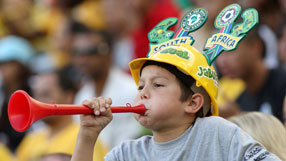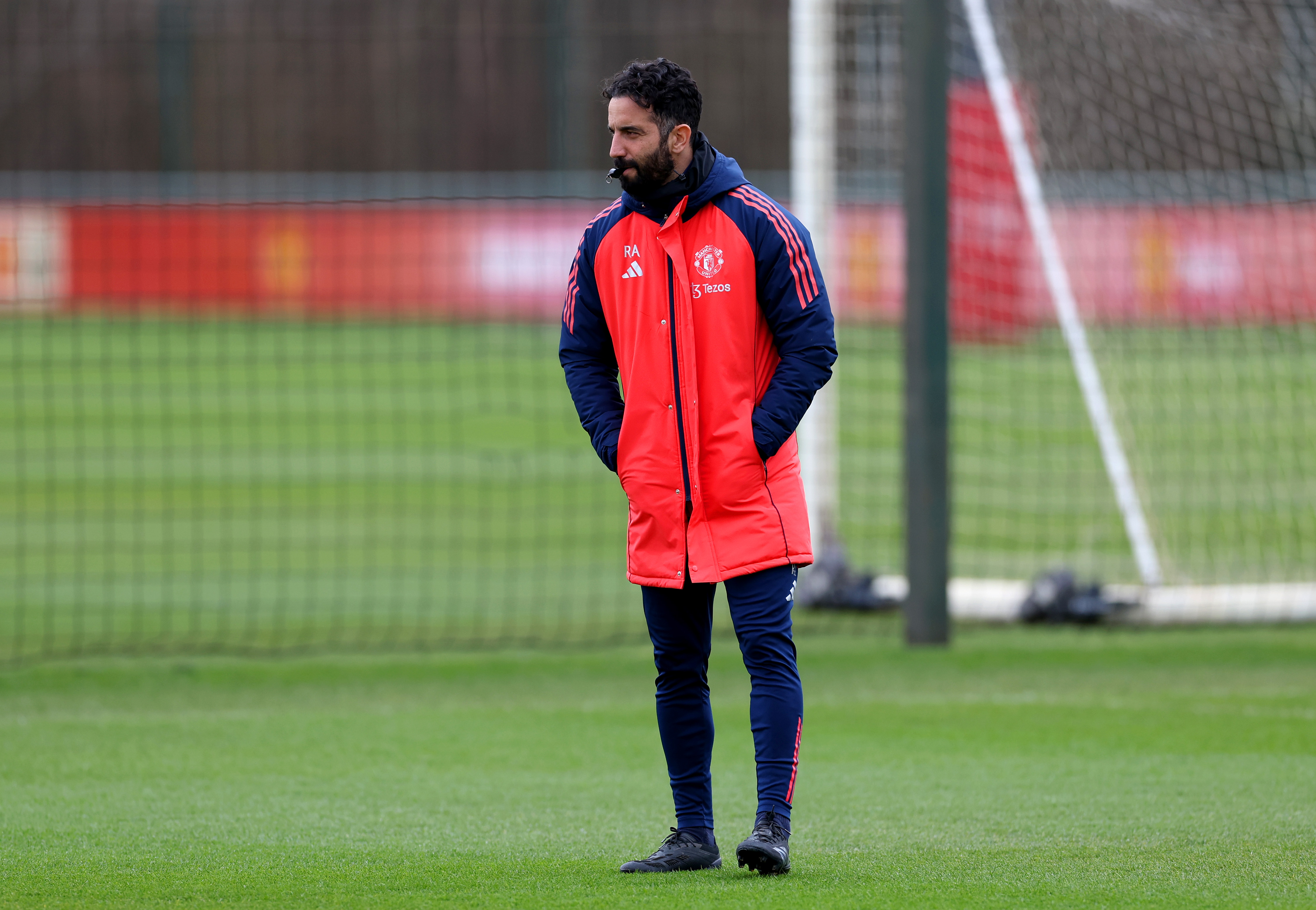Hearing expert: Vuvuzelas could cause hearing loss
PRETORIA - World Cup fans should wear earplugs to protect them from the blaring vuvuzela trumpets beloved by South African spectators, a hearing expert said on Thursday.

Professor De Wet Swanepoel of the University of Pretoria and Dr James Hall from the University of Florida conducted a study into the vuvuzelas that has been published in the South African Medical Journal.
Swanepoel told Reuters the levels of noise from the plastic trumpets was well above what is allowed in South African factories without ear protection.
He said the study of 11 spectators exposed to vuvuzelas at a 30,000-seat stadium showed a significant decrease in hearing.
Although it appeared temporary, prolonged exposure might lead to permanent damage, he said. More study was needed but the trumpets were unlikely to cause complete deafness.
"If you are exposed to these levels that we measured for 10,15, 20 minutes continuously, you are exposing yourself to a definite risk in noise-induced hearing loss," Swanepoel said.
The flagship Soccer City stadium in Johannesburg, where the opening match on June 11 and final a month later will be held, has a capacity of 90,000 people.
In a working environment in South Africa, the maximum noise exposure allowed without protection is 85 decibels but the study showed an average of more than 100 decibels from the trumpets, rising to a maximum of 131 decibels.
Get FourFourTwo Newsletter
The best features, fun and footballing quizzes, straight to your inbox every week.
"That's very loud, that is the sound of a jack hammer," Swanepoel said.
During the Confederations Cup last year, a dress rehearsal for the World Cup, players complained they could not hear each other on the pitch over the sound of the vuvuzelas.
But FIFA President Sepp Blatter has rejected calls for the trumpets to be banned, saying they are part of the lively atmosphere at South African matches, where fans also sing, dance and wear elaborate costumes.
Swanepoel did not call for the trumpets to be banned but said the public should be aware that the noise could cause hearing loss.
"Spectators can be prepared. They can have personal hearing protection, that is what we would recommend - that you take some earplugs with you," he said.
